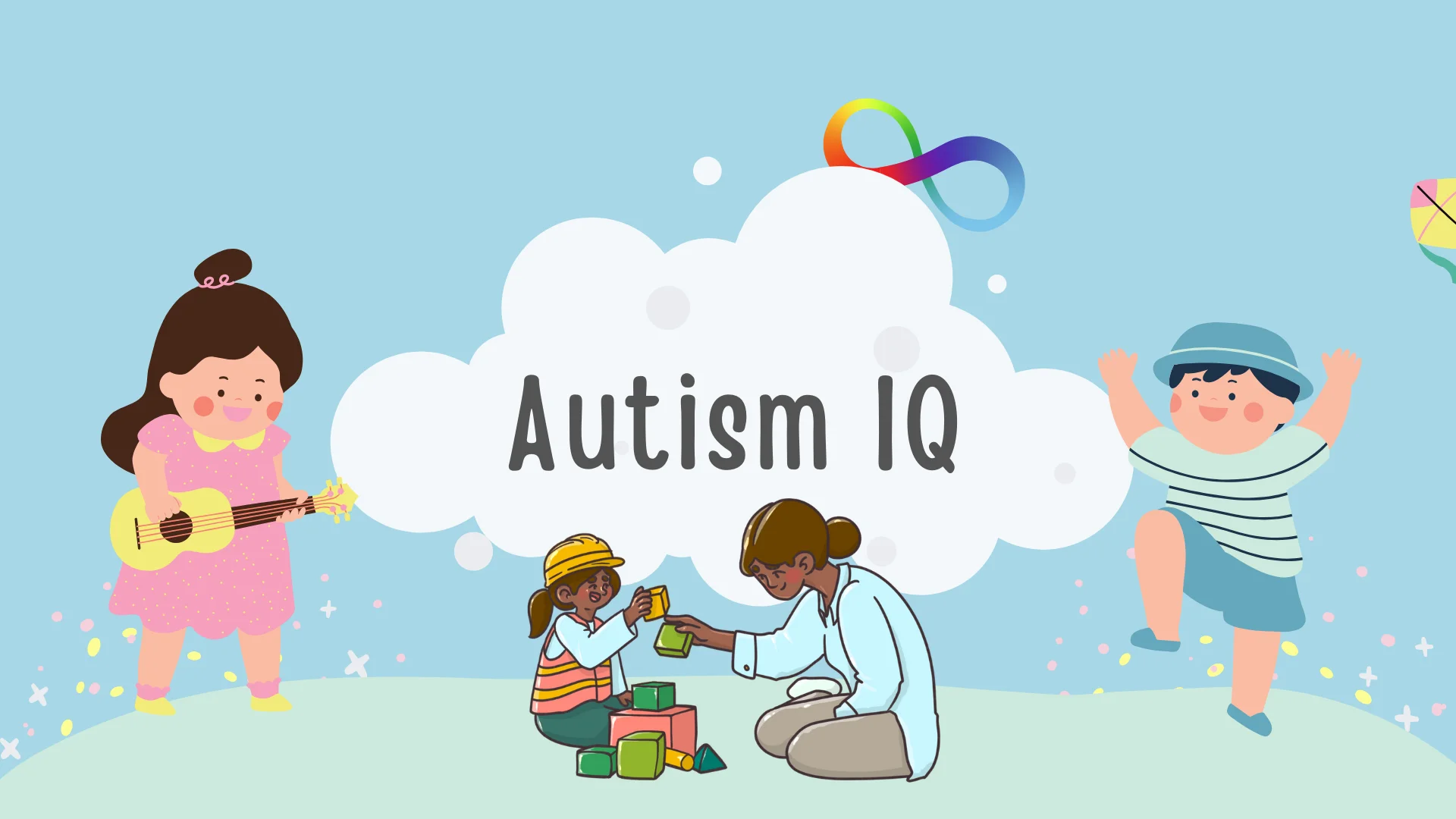Autism IQ – Intelligence Level of Autistic People
Curious about how intelligence is understood in the context of autism? Autism Spectrum Disorder (ASD) arises from variations in brain development. Individuals with ASD commonly face challenges related to social communication and interaction, alongside displaying restricted or repetitive behaviors and interests.
Understanding intelligence in the context of autism can be sensitive and complex. Back when Dr Leo Kenner initially identified autism 70 years ago, he observed that some children he studied were initially believed to have intellectual disabilities, despite his suspicion suggesting otherwise.
Furthermore, challenges in social interaction, communication, and behavior often lead others to mistakenly perceive individuals with autism as having intellectual disabilities.
However, the main question is; what is the intelligence level of an autistic patient? Let me explain it to you in detail.
What is the Intelligence Level of Autistic People?
Overall, autistic individuals show a wide range of intelligence levels, with many falling within the average to above-average range. Interestingly, compared to the general population, a higher proportion of autistic people demonstrate gifted levels of intelligence, often scoring 140 or higher on IQ tests.
Additionally, between 1996 and 1998, research suggested that only about one-fifth of individuals with ASD had intelligence within the ‘normal range’.
However, a U.S. research conducted in 2014 found that nearly half of children with ASD had average or above-average intelligence, with less than a third having intellectual disability. In addition, 23% had IQ scores in the ‘borderline range’ from 71 to 85. Studies, including research from 2016 by Bernard J. Crespi, indicate a possible link between autism and high intelligence.
Furthermore, recent findings suggest a positive genetic correlation between genes associated with autism and measures of mental ability. His research basically suggests that certain genetic traits linked to autism also relate to high intelligence.
Moreover, evidence shows that autism and high IQ share several common characteristics, including larger brain size, rapid brain development, enhanced focus, improved synaptic functions, more careful decision-making, and more.
In addition, the research also revealed that individuals with genetic variants associated with autism tended to achieve slightly higher test scores compared to those without these genetic variants.
Researchers propose that this phenomenon may explain why many individuals on the autism spectrum, as well as neurotypicals carrying autism-related genes, display average to above-average intelligence.
Enhanced Performance in Intelligence Test
Autistic individuals have also shown excellent performance in Raven’s Matrices, a popular intelligence test that requires analytical abilities to solve visual puzzles. In addition, research carried out by Isabelle Soulieres et al. in 2009 revealed that on average:
- Autistic individuals were 40% quicker than their non-autistic counterparts in the Raven’s Standard Progressive Matrices (RSPM) task.
- In terms of item types, they were 23% faster than non-autistic in figural tasks.
- Furthermore, they also outpaced non-autistics by 42% in analytic item completion.
In conclusion, while some individuals with autism may have intellectual disabilities, others may have average or above-average intelligence. It is crucial to note that autism is a spectrum disorder, meaning it influences people differently and to varying degrees. Some may excel academically or professionally, while others may face more significant challenges in specific areas.
Take a Real IQ Test Online!
Take a comprehensive 100-question test and see whether you are more intelligent than Einstein or not.

